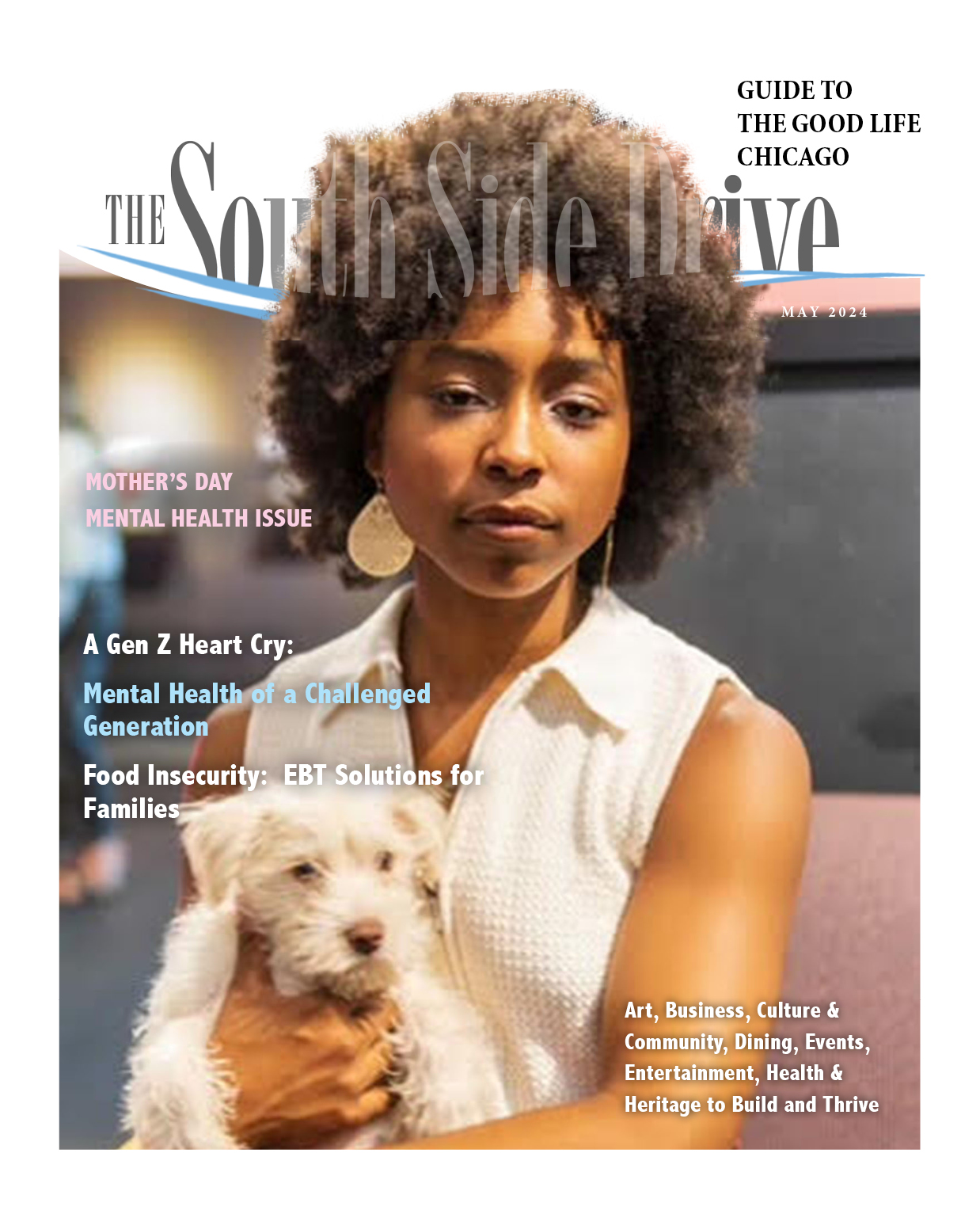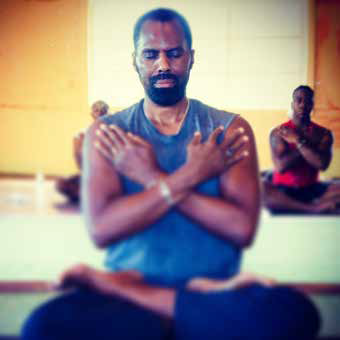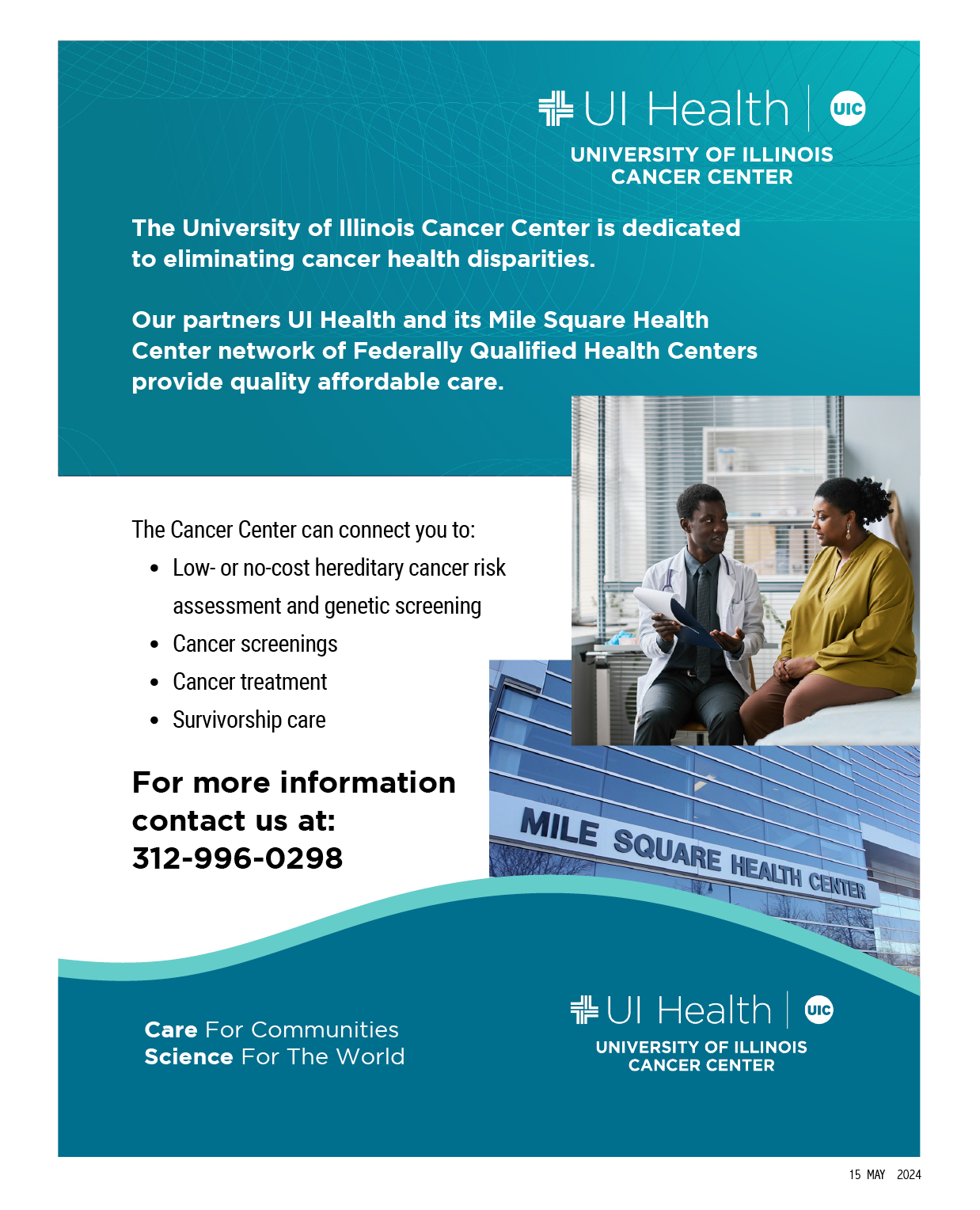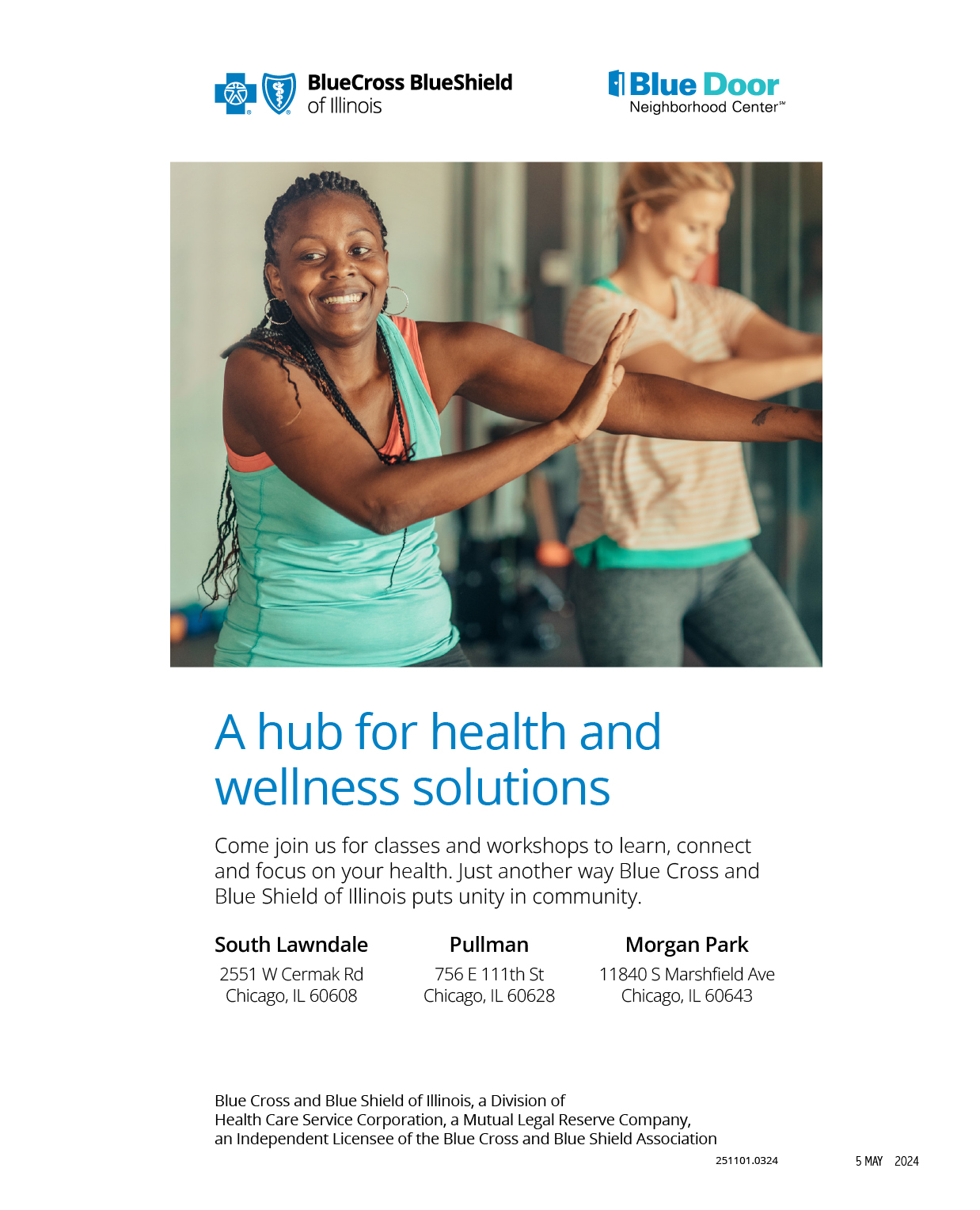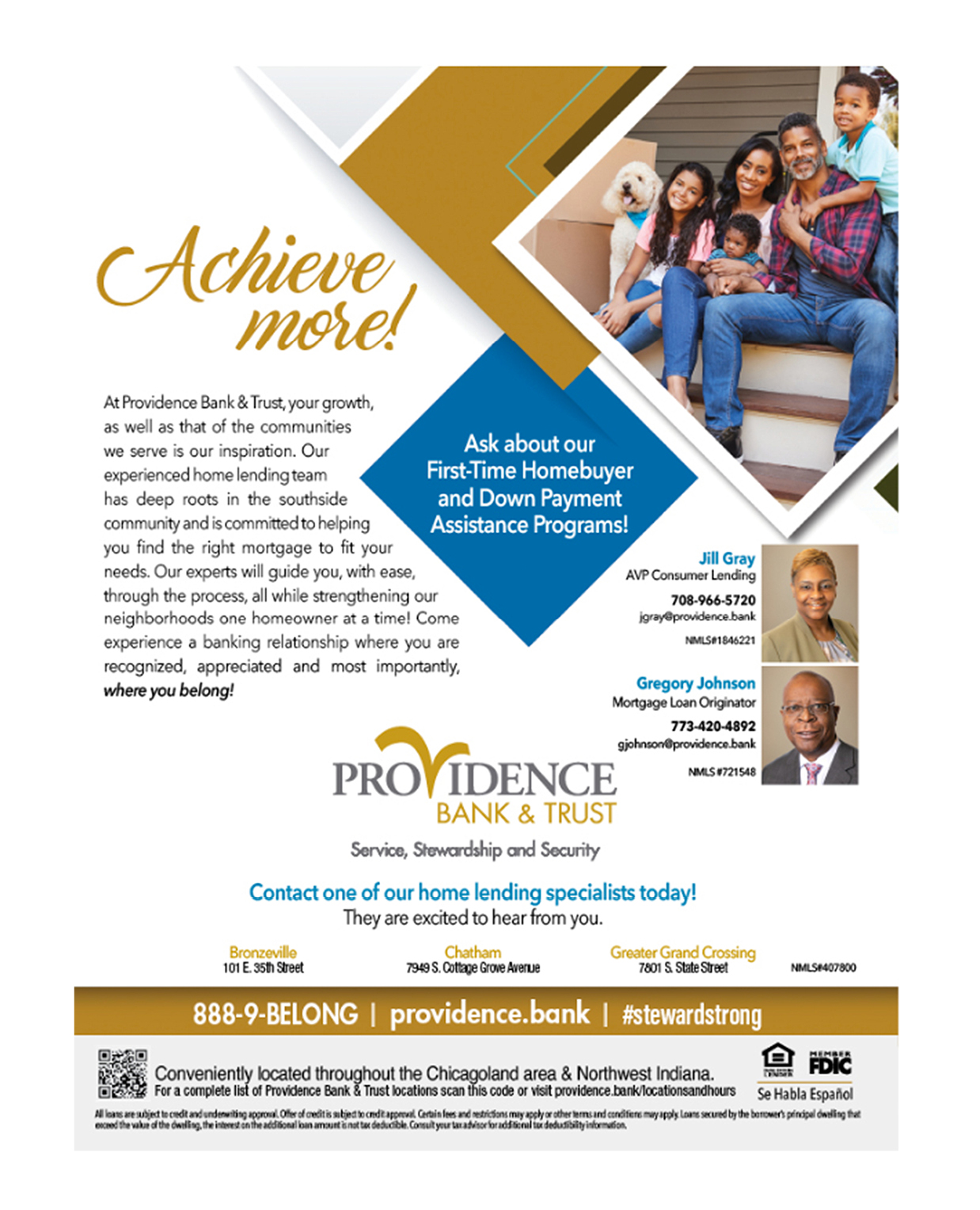The Black experience in America has been and continues to be, characterized by trauma and violence more often than for their White counterparts. These occurrences impact emotional and mental health of both Black youth and adults. Historical dehumanization, oppression, and violence against Black Americans have evolved into present-day structural, institutional, and individual racism. Processing and dealing with layers of individual trauma on top of new and reoccurring mass traumas from COVID-19, police brutality, and divisive political rhetoric adds too many layers of pain for many individuals to reasonably manage.
According to the Anxiety and Depression of America, “anxiety disorders are the most common mental illness in the United States (April 21, 2021).” Yet, instead of getting help, many Black people still fear mental health stigma and avoid treatment. According to Census Bureau data, rates of depression and anxiety increased greatly among Black Americans, following the murder of George Floyd in police custody. Studies have shown that anxiety presents itself differently in Black males who are more likely to develop PTSD (post-traumatic stress disorder) than their white counterparts.
Anxiety is a complex mental health issue with many triggers. Some of its common causes across racial groups include:
- early trauma or abuse
- family history, including genetic and early environment
- shy or inhibited
- certain medical conditions, including heart arrhythmias and thyroid disease
Black Americans face several additional risk factors for anxiety, including racial trauma. Those risk factors include:
- exposure to racism and racist abuse
- the effects of racism, such as fewer opportunities and less safe communities
- higher rates of trauma, including sexual assault and police violence.
Decades of research has shown that for Black men, higher education and incomes do not lower risks of depression. More education and higher incomes are associated with a lower risk of depression and discrimination for White people and Black women. However, for high-achieving Back men, more success actually increases the likelihood they will experience symptoms of depression and anxiety. Sadly, in addition to shame and an inherited need to appear macho and always in control, seeking help is affected by a deep mistrust of the medical system. Black providers, who are known to give more appropriate and effective care to Black and African Americans seeking help, make up a very small portion of the behavioral health provider workforce. It is largely because of these factors Black males are more likely to experience chronic and persistent, rather than episodic, mental health conditions.
Obviously, pressure to display a “tough guy” image is not the only reason that African American men are reluctant to seek mental health care. African American men are not sure how to seek mental health services yet at the same time fear that it will be too expensive. Another barrier is an overemphasis on psychiatry as the main source of mental health treatment, which worsens worry about the use of antidepressants, a form of treatment that many Black men dislike. Moreover, talking about personal matters with someone they feel is very different culturally or socioeconomically has always been a community no-no. Black males also refrain from pursuing professional help due to fears of not finding therapists who are knowledgeable about Black culture, false representations, or hostile generalizations of therapy along with fear of being judged and being misdiagnosed. Conventional masculinity beliefs have taught Black men that they should endure challenges alone.
According to the U.S. Dept. Office of Minority Health, data show that the rate for African American men who died by suicide was four times greater than that of African American women. To make matters worse, African Americans have recorded the highest COVID-19 hospitalizations and death rates. This devastating situation attributes to increased chronic health conditions, poverty, and racial discrimination that endanger their well-being.
Know the Symptoms
Anxiety can manifest in many ways, and in several related diagnoses. The most common symptoms include:
- physical anxiety, such as a racing heart, tension in the chest, or butterflies in the stomach
- feeling anxious or afraid
- feeling irritable or on edge
- engaging in compulsions, such as washing hands, to ease anxiety
- avoiding people or places that remind someone of trauma
- experiencing intrusive nightmares, memories, or flashbacks
- having specific fears or phobias
- developing anxiety and tension-related ailments, such as tension headaches or chronic muscle pain
Over time, anxiety can affect a person’s health. Some researchers have found that Black Americans experience weathering. This is a long-term erosion of mental and physical health due to chronic trauma, stress, and racism.
Quick Coping Techniques
It is helpful to have a few coping techniques for dealing with anxiety or worry. Here are some examples of quick coping methods that might help:
Breathing
This simple technique is easy to learn and apply when feeling anxious. Some people react to anxious situations by breathing faster, which can worsen stress and anxiety. Consciously slowing the breathing down can help control the anxiety. The technique for this involves:
- breathing in slowly through the nose
- holding the breath in for several seconds
- breathing out slowly
- repeating this breathing pattern a few times until the anxiety reduces and the heart rate returns to normal
Some other strategies may also offer some relief
- Good self-care: Regular exercise, quality sleep, and a balanced diet may ease anxiety and help someone remain in good health.
- Activism: People who experience anxiety because of racial invaluable. Connect with people who understand the intersection of race and anxiety and treat anxiety as a serious challenge. Supportive community: A support network can prove invaluable. Connect with people who understand the intersection of race and anxiety and treat anxiety as a serious challenge.
- Alternative and complementary remedies: Meditation, deep breathing exercises, acupuncture and yoga can help ease an anxious mind.
When Medical Treatment Is Needed
The right treatment for anxiety demands a personal and collaborative approach. Not every technique works for everyone, so a person should work with a mental health provider they trust and be open to different interventions. The most effective treatments for anxiety include:
- Therapy: Therapy can help a person better understand their anxiety, identify triggers, develop coping skills, and gain an outlet for their pain. Techniques can be taught to help a person better control their thoughts and emotions.
- Medication: Medications that may help include anti-anxiety drugs, antidepressants, and sleeping remedies.
Yes, in today’s society, it can be rough being a Black man, but they should not and do not have to deal with these issues on their own.
Deborah Easton is a retired advertising agency professional, and a writer. She has contributed articles to a number of magazines and websites, including Black Doctor.org.
